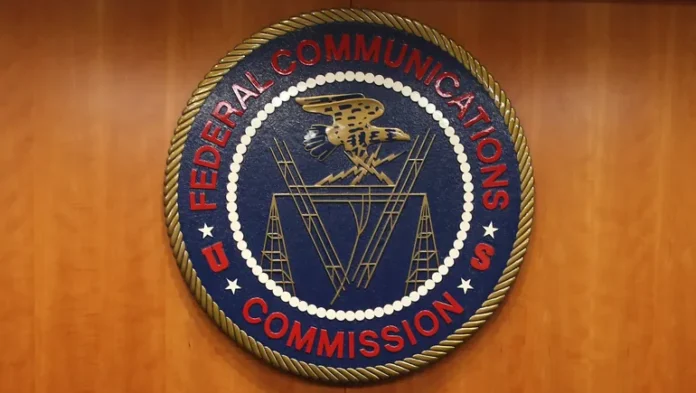Dive Brief:
-
The Federal Communications Commission approved a $200 million, three-year pilot program to boost cybersecurity in schools and libraries in a 3-2 vote on Thursday.
-
The Schools and Libraries Cybersecurity Pilot Program aims to enroll a variety of schools and districts and will fund eligible participating school systems at a minimum of $15,000 to at most $1.5 million. Funding amounts will be determined using a formula that estimates a cost of $13.60 per student.
-
Qualifying districts may use the funds to secure their networks under four categories: advanced or next-generation firewalls; endpoint protection; identity protection and authentication; and monitoring, detection and response.
Dive Insight:
In a fact sheet released in May, the FCC acknowledged that the pilot’s current per-student budget cannot be sufficient enough on its own to cover all of a school’s cybersecurity needs.
“Given the limited Pilot funding available, our approach instead ensures that each participating school will receive funding to prioritize implementation of solutions within one major technological category,” the FCC said. “We find that this approach ensures that each participant can make meaningful, incremental progress towards its own cybersecurity goals.”
The funding for the pilot program will come from the FCC’s Universal Service Fund and will be separate from the commission’s E-rate program, a federal program that helps schools and libraries pay for broadband access. The FCC also said it will study the impact of the pilot program as it considers future changes to the E-rate program.
The pilot program’s approval comes at a time when schools are increasingly vulnerable to cyberattacks, and federal officials have taken notice.
In March, the U.S. Department of Education and the Cybersecurity and Infrastructure Security Agency launched a Government Coordinating Council for education facilities to organize ongoing conversations between stakeholders and share best practices for protecting K-12 schools from cyberattacks.
Additionally, CISA recently proposed a rule that would require all state education departments and half of school districts to report cyber incidents within 72 hours, and to report any ransom payments made to cybercriminals within 24 hours of doing so.
The FCC’s new cybersecurity pilot program demonstrates that the commission understands the urgency of cybersecurity concerns in K-12, said John Harrington, CEO of Funds For Learning, a firm that helps schools and libraries navigate E-rate funding, in a statement.
Funds For Learning found in its 2023 survey of E-rate participants that 93% agree or strongly agree that E-rate should include “support for comprehensive network security solutions.”
“This is a landmark moment for schools and libraries across the nation. The cybersecurity threats facing our educational institutions are significant,” Harrington said. “This pilot program represents a crucial step in providing the resources necessary to safeguard sensitive information and maintain secure, reliable access to digital learning tools.”
Correction: A previous version of this story mischaracterized the pilot program’s budget. The story has been updated.
Source link






